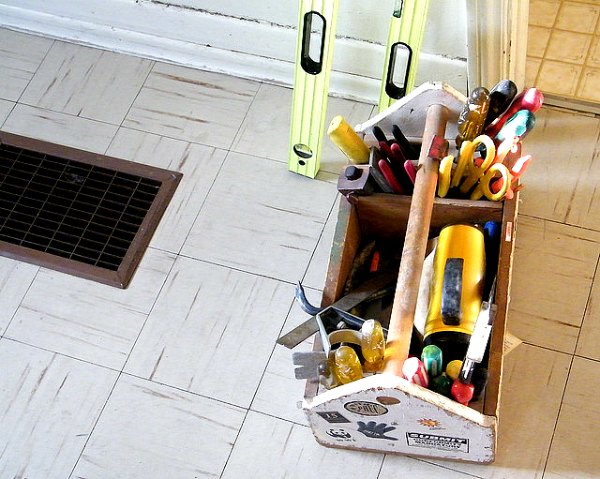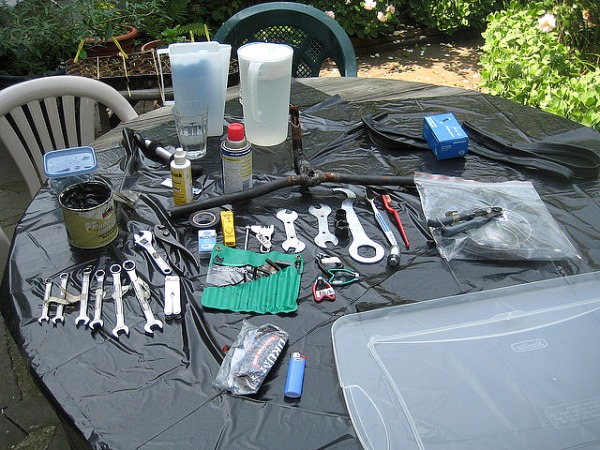How To: 4 Steps To Take Proper Care Of Your Handyman Tools

It doesn’t matter how experienced you are in DIY home improvements, you should always take proper care of the tools you have. Why is that so important? Well, you will prolong their life and prevent any future accidents while you tackle a home repair task. Instruments like wrenches, levels, screwdrivers look durable but this doesn’t mean they’ll last forever, especially without proper maintenance. To prevent any problems, the Bob’s Handyman Liverpool Service Team has prepared a few tips on tool upkeep you can take advantage of.
1. Inspect The Tools For Damages

The first thing you should do after you’ve finished working with a certain tool is to carefully look for any damages. Many instruments are produced to endure years of use. In some cases, however, their handles might be cracked. And if they have metal parts, make sure they’re not corroded.
Striking tools should fall under thorough inspection, as well. Not taking proper care of them might cause accidents. Keep in mind they’re used for repeated striking and their head part might damage.
If the wooden handles of your manual tools are rough or weathered, use a piece of medium sand paper to smooth out the surface.
2. Regular Cleaning Is Essential
* Post-Work Cleaning:
Regardless of what DIY project you’ve tackled, the instruments might have grease, dust or debris left on them. Wiping them clean with a towel should solve the problem with dirt.
* Rust Removal:
If the metal part of the instruments has rust on it, use a rust-removing solution. If you don’t have one at home, a raw potato and baking soda will do the work. Cut the potato in half and dip it in baking soda. The oxalic acid in the potato and the baking soda will mix and dissolve the rust.
3. Proper Post-Cleaning Treatment
If the tools you’ve cleaned have metal parts, like pliers, cutters and similar, lubricate them. A WD-40 spray would do the trick. It is an oil spray which reduces friction and will protect them from moisture and, eventually, rust.
4. Store The Handy Instruments Properly
If don’t store your manual tools properly, they might become so damaged, you won’t be able to use them any more. Don’t stuff them all in one storage container. Use smaller toolboxes and containers to divide them. Another thing you have to take into account is the room you’re going to store them into. They should be kept in a place where the temperatures don’t change drastically and where the instruments won’t be exposed to moisture. Humidity will damage both the metal parts by causing rust spreads and wooden handles to rot and fall apart.

Leave a Reply